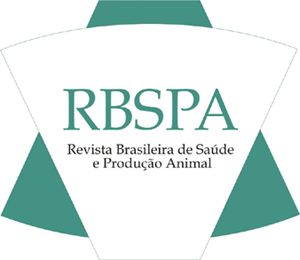Five hundred commercial male Cobb broilers were allotted in a randomized blocks design with five treatments, four replicates and 25 chicks per experimental unit in order to evaluate the effects of adding L-glutamine to the diet with no anticoccidial agents and growth promoters. Experimental diets contained L-glutamine at different levels (0.0; 5.0; 10.0; 15.0 or 20.0g/kg), through the experimental period. Experiment was conducted with broiler chicken from 1 to 42 days old. The parameters evaluated were feed intake, feed conversion ratio, body weight gain, mortality, digestibility coefficients of dry matter, crude protein and ether extract, carcass yield and intestinal mucosa structure of small intestine. The data obtained were submitted to polynomial regression analysis. Means were compared using Tukey test.Was considered a type I error set at P < 0.05. The level of L-glutamine in the diet influenced feed conversion ratio of broilers at 1-7 days old, which was improved at 10.0g/kgL glutamine. Carcass yield and digestibility coefficients of the diet were not affected by the levels of glutamine in the diet. Adding L-glutamine influenced crypt depth in small intestine of broilers at 18 and 42 days old. It is recommended the addition of 10.0g/kg L-glutamine to the pre-started diet.
amino acids; additives; birds; coccidiosis; intestinal integrity
